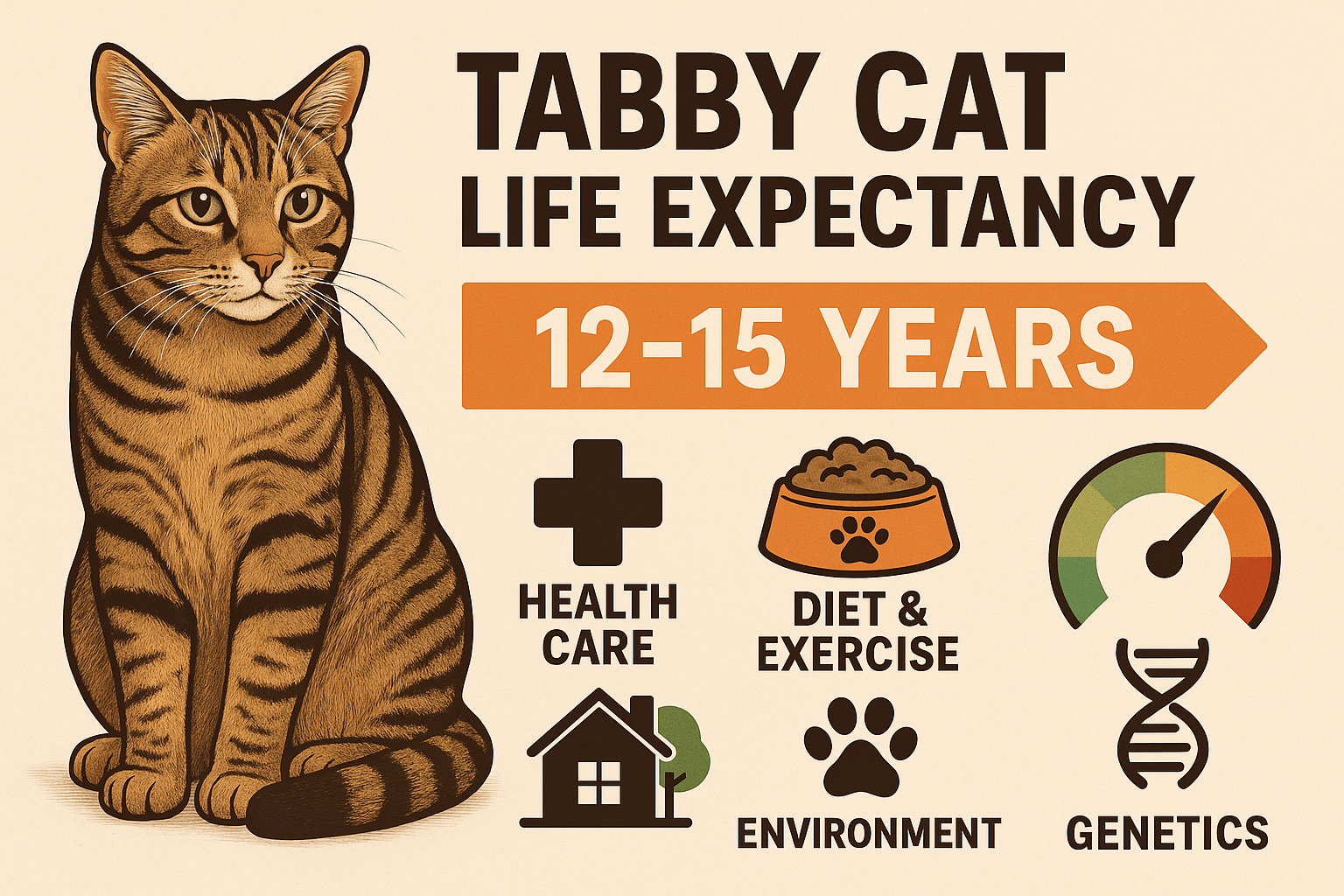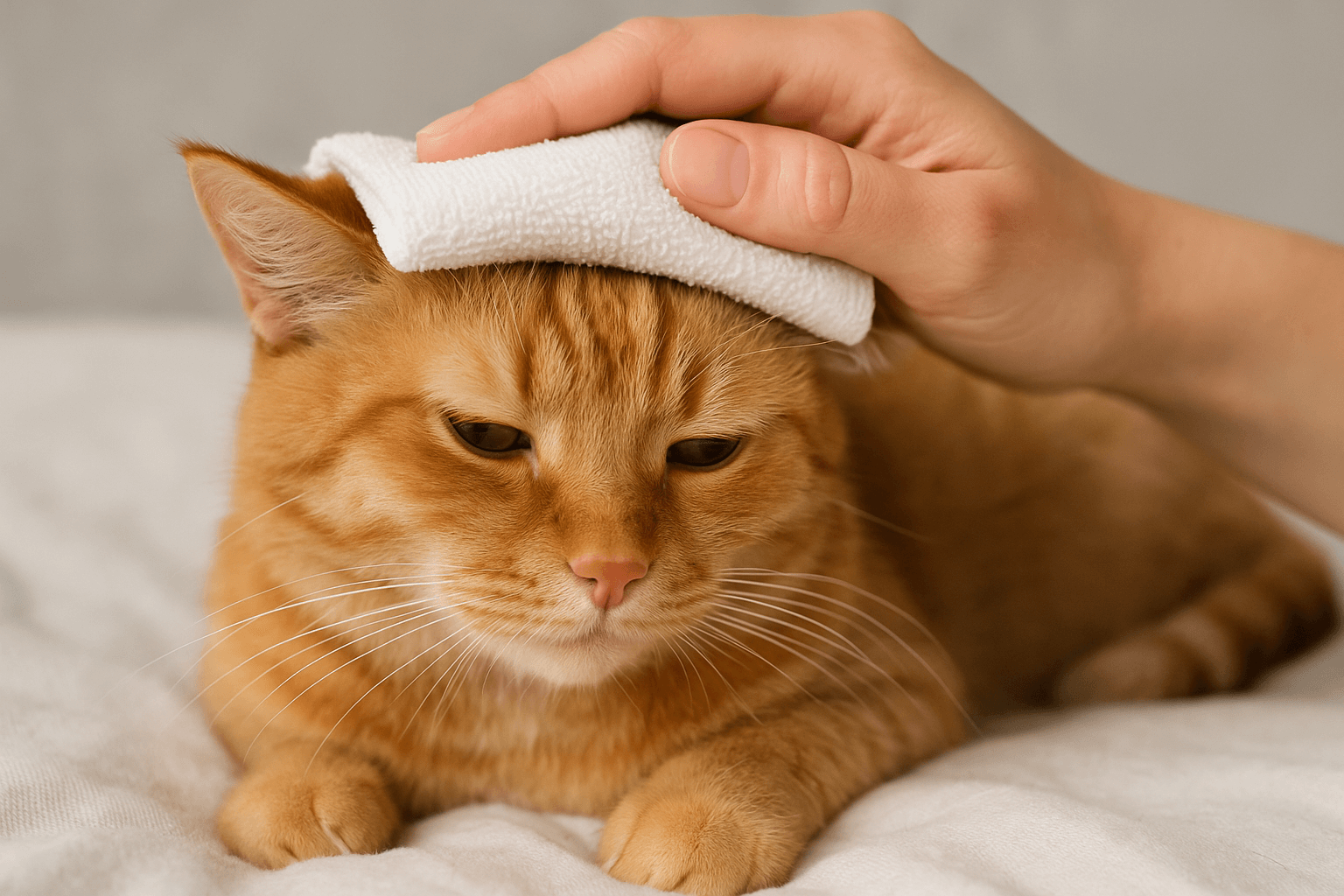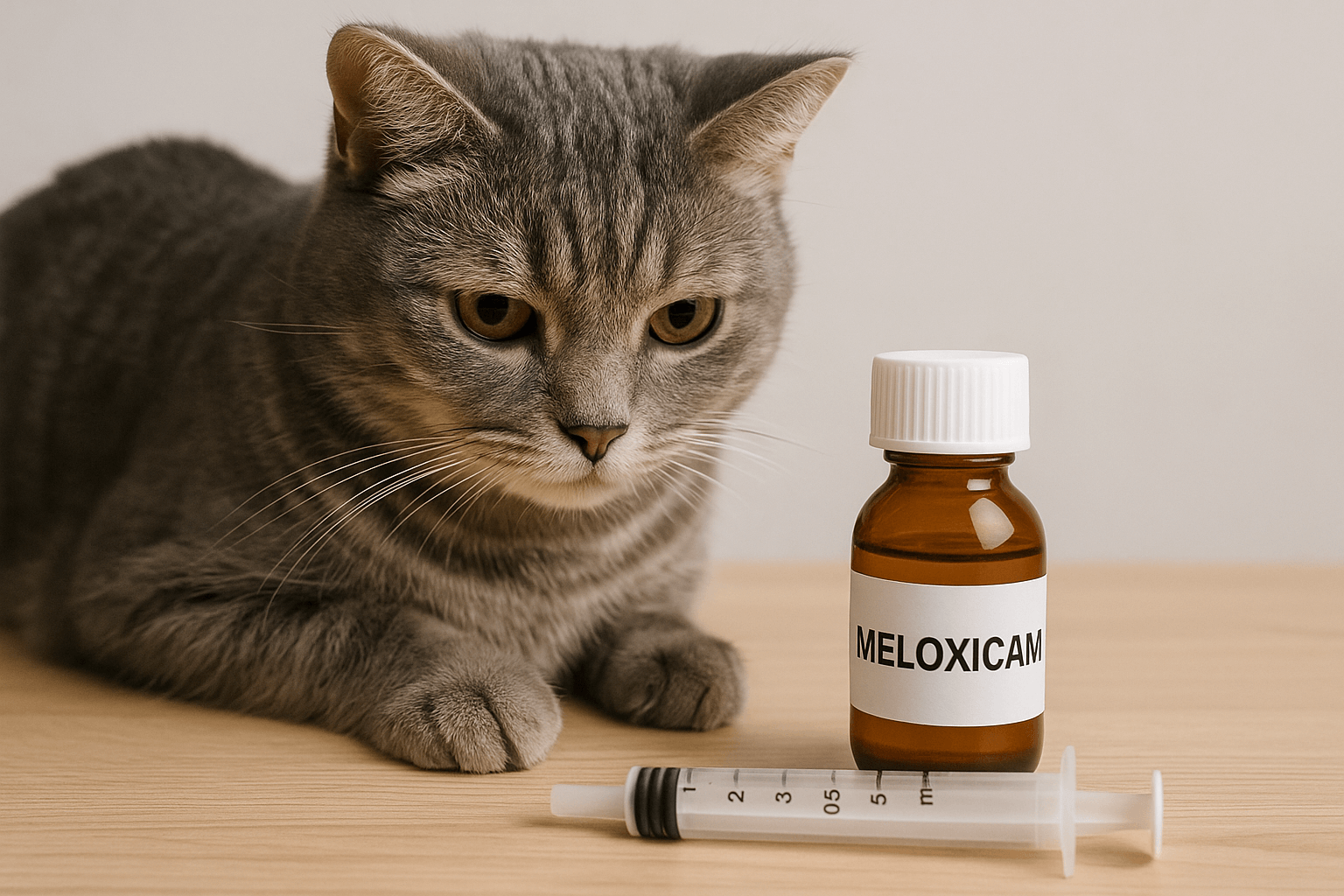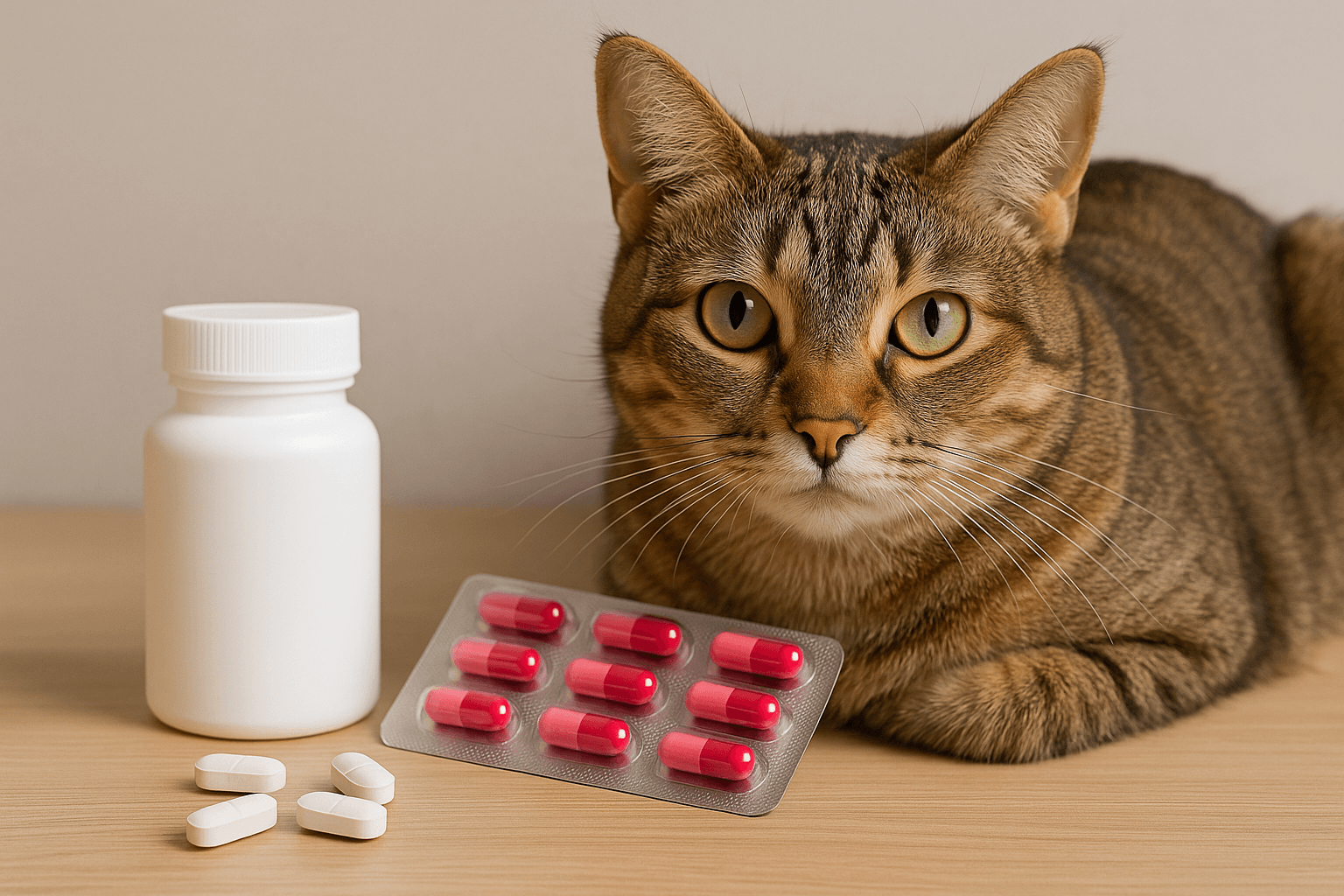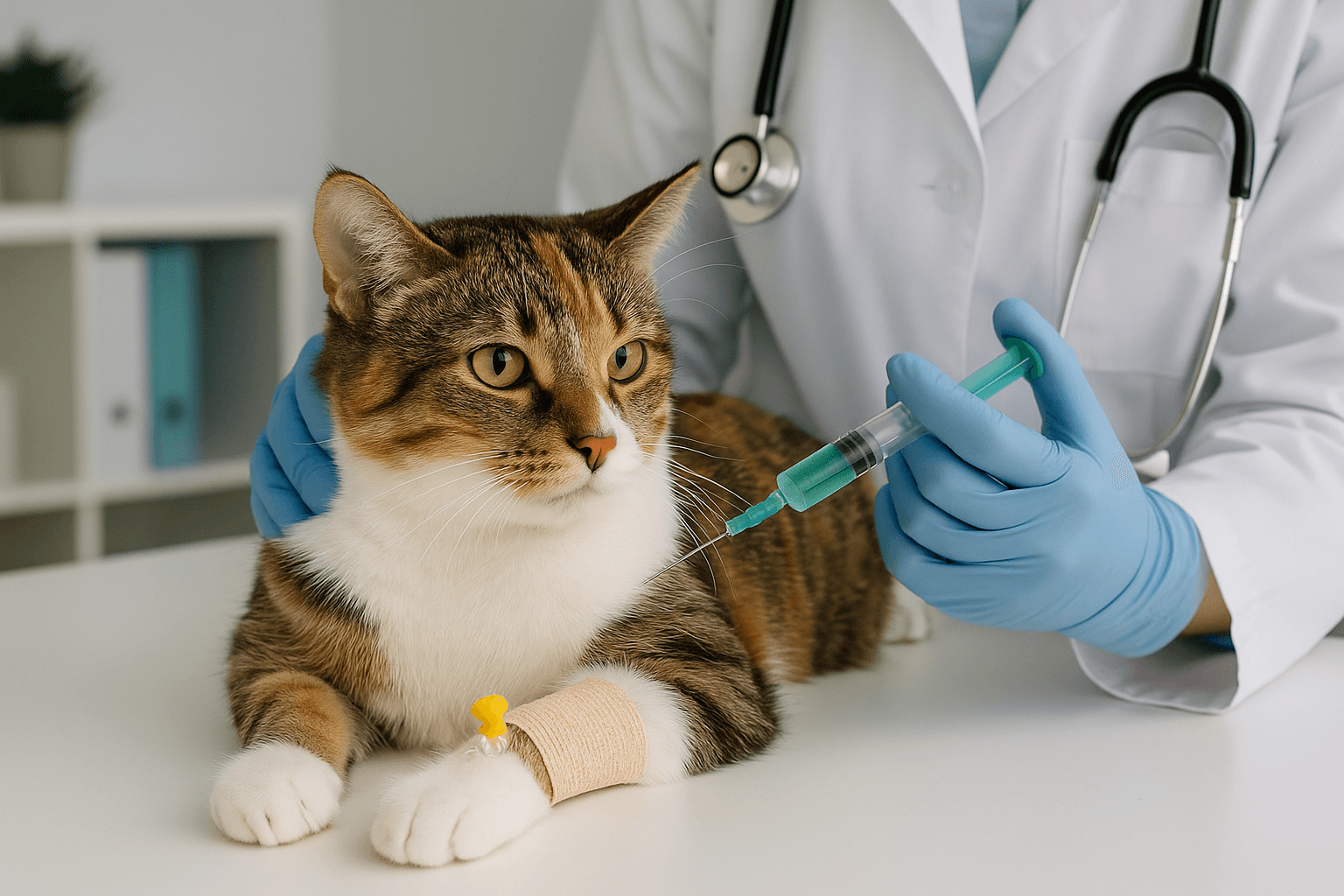Tabby Cat Life Expectancy: What You Need to Know
Tabby cats, with their distinctive coat patterns and playful personalities, are among the most beloved feline companions worldwide. But how long can you expect your tabby cat to live? Understanding the factors that influence a tabby cat’s life expectancy is crucial for ensuring they lead a happy, healthy, and fulfilling life. While genetics play a role, proper care, nutrition, and veterinary attention can significantly impact their longevity. In this blog post, we’ll explore everything you need to know about tabby cat life expectancy, from influencing factors to tips for maximizing their lifespan.
Factors That Influence Tabby Cat Life Expectancy
A tabby cat’s life expectancy depends on a variety of factors, ranging from their environment to their lifestyle. By understanding these influences, you can take steps to help your feline friend live a longer, healthier life.
Genetics and Breed Background:
Although tabby is not a breed but a coat pattern, mixed-breed tabbies often have fewer genetic health issues compared to purebred cats.Indoor vs. Outdoor Lifestyle:
Indoor tabby cats typically live longer due to reduced exposure to dangers like traffic, predators, and diseases.Diet and Nutrition:
A balanced diet rich in essential nutrients supports overall health and can extend your tabby cat’s lifespan.Veterinary Care:
Regular check-ups and vaccinations help detect and prevent illnesses early, ensuring your cat stays healthy.Exercise and Mental Stimulation:
Keeping your tabby active and engaged reduces stress and prevents obesity, which can shorten their lifespan.
By addressing these factors, you can create an environment that promotes longevity and well-being for your tabby cat.
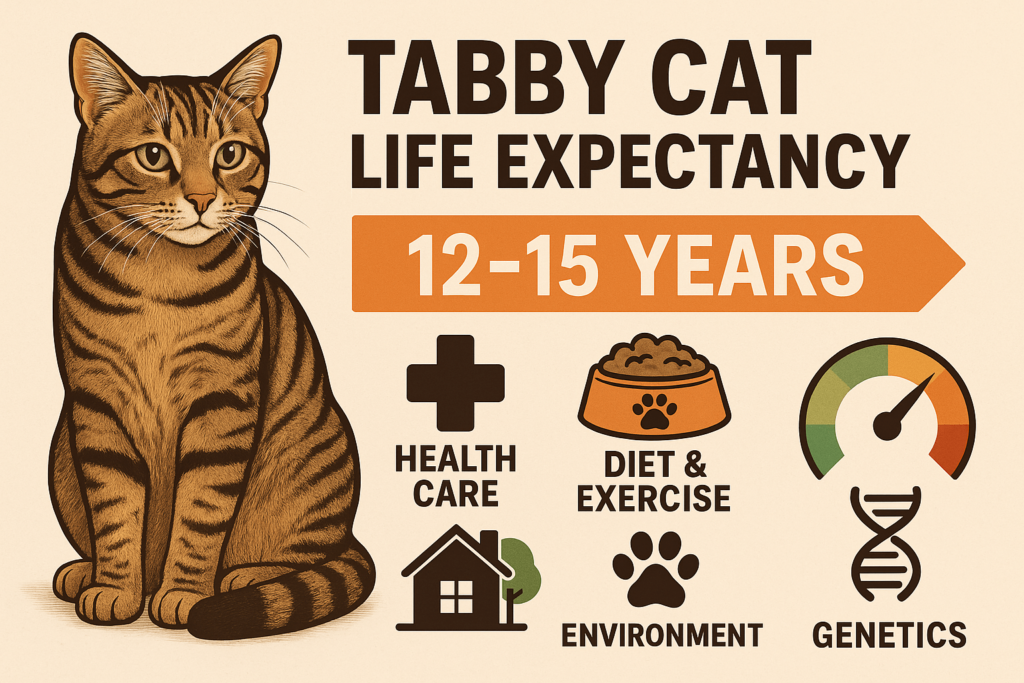
Average Life Expectancy of a Tabby Cat
The average life expectancy of a tabby cat varies depending on several factors, but generally, they fall within a predictable range. Here’s what you can expect based on different living conditions.
Indoor Tabby Cats:
Indoor tabby cats typically live between 12 and 18 years, with some reaching their early 20s under optimal conditions.Outdoor Tabby Cats:
Outdoor tabby cats face more risks and often have shorter lifespans, averaging around 5 to 10 years.Mixed-Breed Tabbies:
Mixed-breed tabbies tend to live longer than purebred cats due to greater genetic diversity and fewer inherited health issues.Senior Tabby Cats:
With proper care, senior tabby cats (aged 10+) can enjoy several additional years of good quality life.Special Needs Tabbies:
Cats with chronic health conditions may have shorter lifespans, but attentive care can still ensure a comfortable and happy life.
Understanding these averages helps set realistic expectations while emphasizing the importance of proactive care for your tabby companion.
Check this guide 👉Savannah Cat Life Expectancy: Best 7 Expert Tips!
Check this guide 👉Singapura Cat Lifespan: Best 7 Expert Tips!
Check this guide 👉Pallas Cat Lifespan: Best 7 Expert Tips!
Ways to Extend Your Tabby’s Lifespan | Common Health Concerns in Tabby Cats |
|---|---|
Provide a balanced, high-quality diet | Dental disease and tooth decay |
Schedule regular vet check-ups | Obesity-related health issues |
Keep them indoors for safety | Kidney disease, especially in older cats |
Offer mental stimulation and toys | Hyperthyroidism in senior cats |
Maintain a stress-free environment | Parasites like fleas or worms |
Tips for Maximizing Your Tabby Cat’s Lifespan
While genetics play a role in determining your tabby cat’s life expectancy, there are many things you can do to maximize their lifespan and improve their quality of life.
Provide a Nutritious Diet:
Feed your tabby high-quality cat food formulated for their age and activity level to support overall health.Ensure Regular Exercise:
Encourage daily playtime with interactive toys to keep your tabby physically fit and mentally sharp.Maintain Dental Hygiene:
Brush your tabby’s teeth regularly or provide dental treats to prevent gum disease and tooth decay.Monitor Weight and Body Condition:
Keep an eye on your tabby’s weight to prevent obesity, which can lead to serious health problems.Create a Safe Environment:
Remove hazards like toxic plants, small objects, or open windows to keep your tabby safe at home.
By following these tips, you can help your tabby cat live a longer, healthier, and happier life.
Signs Your Tabby Cat Is Aging Gracefully
As your tabby cat grows older, certain signs indicate they’re aging well and maintaining good health. Recognizing these positive indicators can reassure you that your efforts are paying off.
Stable Appetite and Weight:
A consistent appetite and healthy weight suggest your tabby’s metabolism is functioning properly.Active and Playful Behavior:
Even senior tabby cats should show interest in play and interaction, though at a slower pace than younger cats.Shiny Coat and Healthy Skin:
A glossy coat free of dandruff or excessive shedding reflects good nutrition and grooming habits.Regular Bathroom Habits:
Consistent litter box use without diarrhea or constipation indicates a healthy digestive system.Bright Eyes and Alertness:
Clear eyes and responsiveness to stimuli show your tabby remains mentally sharp and engaged.
These signs are encouraging markers of a tabby cat who’s enjoying a long and fulfilling life.
Preventing Common Health Issues in Tabby Cats
Preventing health problems before they arise is key to extending your tabby cat’s life. Here are some proactive measures you can take to safeguard their well-being.
Schedule Annual Vet Visits:
Regular exams allow your vet to catch potential issues early and provide preventive care.Vaccinate Against Diseases:
Ensure your tabby is up-to-date on vaccinations to protect against infectious illnesses.Control Parasites:
Use flea and tick prevention products to avoid infestations that can harm your cat’s health.Spay or Neuter Your Cat:
Spaying or neutering reduces the risk of certain cancers and behavioral issues.Watch for Behavioral Changes:
Sudden changes in eating, drinking, or activity levels can signal underlying health problems.
By staying vigilant and addressing issues early, you can help your tabby cat live a longer, healthier life.
Fun Ways to Keep Your Tabby Active
Keeping your tabby cat physically and mentally active is essential for their health and happiness. These fun activities can make exercise enjoyable for both you and your feline friend.
Interactive Toys:
Feather wands, laser pointers, and puzzle feeders engage your tabby’s hunting instincts and keep them entertained.Climbing Structures:
Cat trees or shelves provide vertical spaces for climbing and exploring.Window Perches:
Place a perch near a window so your tabby can watch birds and other outdoor activity.Hide-and-Seek Games:
Hide treats or toys around the house to encourage your tabby to search and explore.Scheduled Playtime:
Dedicate 10-15 minutes twice a day to focused play sessions with your tabby.
Incorporating these activities into your routine keeps your tabby physically fit and mentally stimulated.
Signs Your Tabby Cat Is Unwell
Recognizing early warning signs of illness allows you to seek veterinary care promptly, potentially saving your tabby’s life. Look out for these red flags.
Changes in Appetite:
A sudden loss of interest in food or overeating can indicate underlying health issues.Lethargy or Excessive Sleep:
If your normally active tabby becomes unusually sluggish, it could be a sign of illness.Weight Loss or Gain:
Significant changes in body weight may point to metabolic or digestive problems.Vomiting or Diarrhea:
Occasional upset stomachs happen, but persistent symptoms require veterinary attention.Increased Thirst or Urination:
Drinking more water or frequent trips to the litter box can signal diabetes or kidney issues.
Being aware of these signs helps you act quickly if your tabby cat needs medical care.
Frequently Asked Questions About Tabby Cat Life Expectancy
How long do tabby cats usually live?
Tabby cats typically live 12 to 18 years, with indoor cats often outliving outdoor ones.
What can I do to help my tabby live longer?
Focus on providing a healthy diet, regular vet care, and a safe, stimulating environment.
Are tabby cats prone to specific health issues?
Like all cats, tabbies may face issues like kidney disease, dental problems, or obesity as they age.
Do indoor tabby cats live longer than outdoor ones?
Yes, indoor tabby cats face fewer risks and typically live longer than those allowed outdoors.
Can tabby cats live into their 20s?
With excellent care, some tabby cats can live into their early 20s, though this is less common.
Giving Your Tabby Cat the Best Life Possible
Understanding the factors that influence your tabby cat’s life expectancy empowers you to provide the best possible care. From feeding them a nutritious diet to keeping them safe indoors, every step you take contributes to their longevity and happiness. While no one can predict exactly how long your tabby will live, creating a loving and supportive environment ensures they enjoy every moment to the fullest. Cherish the time you have with your feline friend, knowing you’re doing everything you can to give them a long, healthy, and joyful life.
Cat Fever Treatment: Best 7 Expert Tips! Discover expert advice on identifying, managing, and treating fever in cats to ensure their quick recovery and well-being.
Understanding Meloxicam for Cats: Best 7 Expert Tips! Learn how to safely administer meloxicam, manage side effects, and ensure your cat's comfort with expert advice on feline pain relief.
Amoxicillin for Cat UTI: Best 7 Expert Tips! Discover safe usage, dosage guidelines, and expert advice on treating feline urinary tract infections effectively with amoxicillin.
Understanding Cat Cancer Treatment: Best 7 Expert Tips! Discover expert advice on managing feline cancer, from early detection to treatment options, ensuring your cat’s health and comfort.

